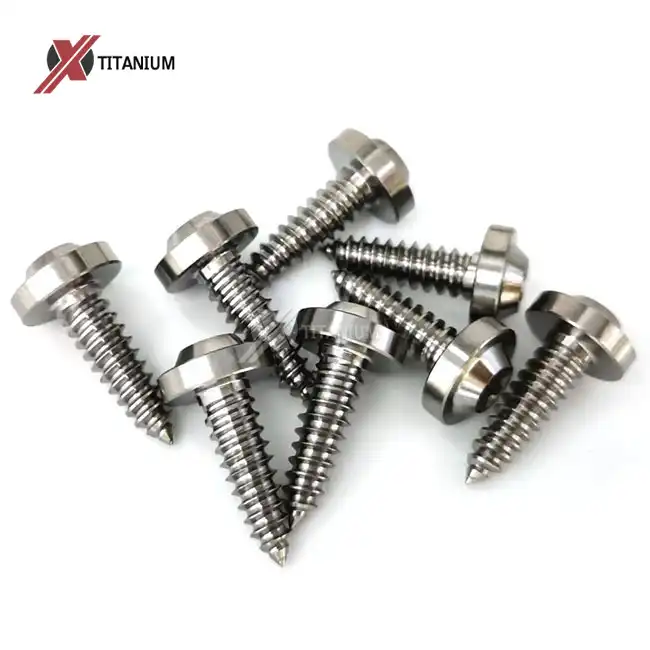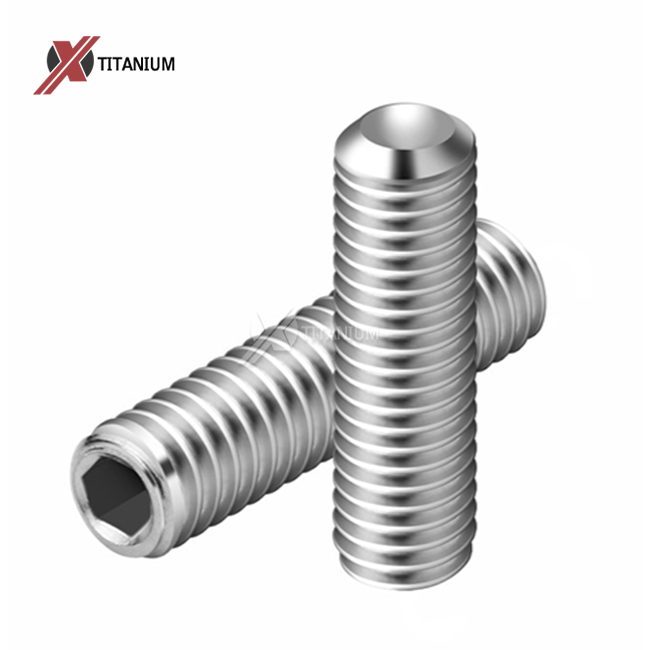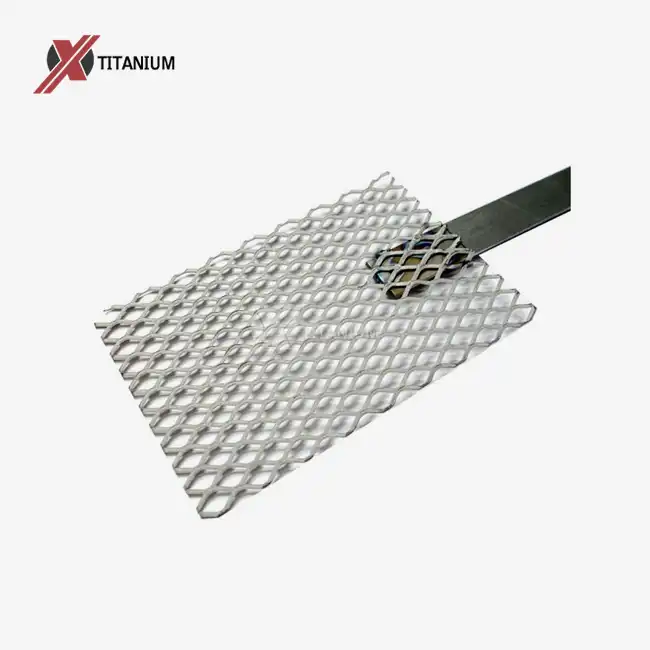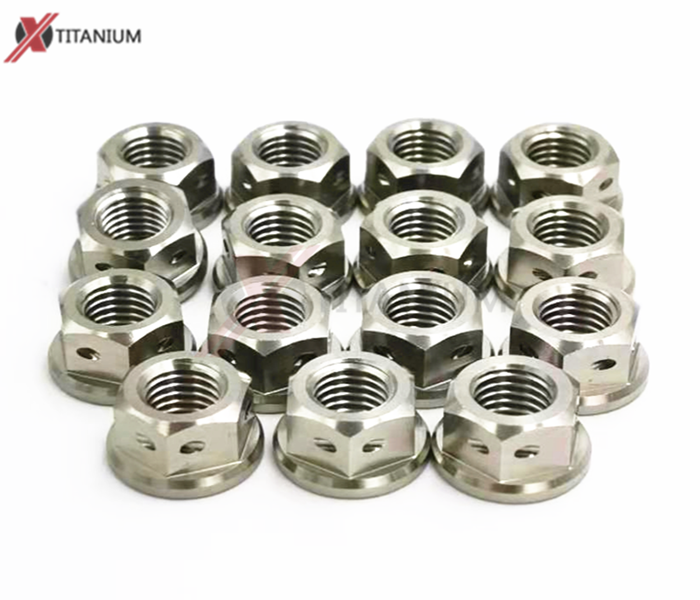- English
- French
- German
- Portuguese
- Spanish
- Russian
- Japanese
- Korean
- Arabic
- Greek
- German
- Turkish
- Italian
- Danish
- Romanian
- Indonesian
- Czech
- Afrikaans
- Swedish
- Polish
- Basque
- Catalan
- Esperanto
- Hindi
- Lao
- Albanian
- Amharic
- Armenian
- Azerbaijani
- Belarusian
- Bengali
- Bosnian
- Bulgarian
- Cebuano
- Chichewa
- Corsican
- Croatian
- Dutch
- Estonian
- Filipino
- Finnish
- Frisian
- Galician
- Georgian
- Gujarati
- Haitian
- Hausa
- Hawaiian
- Hebrew
- Hmong
- Hungarian
- Icelandic
- Igbo
- Javanese
- Kannada
- Kazakh
- Khmer
- Kurdish
- Kyrgyz
- Latin
- Latvian
- Lithuanian
- Luxembou..
- Macedonian
- Malagasy
- Malay
- Malayalam
- Maltese
- Maori
- Marathi
- Mongolian
- Burmese
- Nepali
- Norwegian
- Pashto
- Persian
- Punjabi
- Serbian
- Sesotho
- Sinhala
- Slovak
- Slovenian
- Somali
- Samoan
- Scots Gaelic
- Shona
- Sindhi
- Sundanese
- Swahili
- Tajik
- Tamil
- Telugu
- Thai
- Ukrainian
- Urdu
- Uzbek
- Vietnamese
- Welsh
- Xhosa
- Yiddish
- Yoruba
- Zulu
Titanium Flange Bolts - Lightweight and Strong Fasteners
Titanium flange bolts represent a pinnacle in fastener technology, combining exceptional strength with remarkably low weight. These high-performance fasteners are engineered to excel in demanding applications where traditional materials fall short. Titanium's unique properties make these bolts ideal for industries ranging from aerospace to marine engineering, offering superior corrosion resistance and an impressive strength-to-weight ratio. As industries continue to push the boundaries of what's possible, titanium flange bolts stand out as a crucial component in achieving new heights of efficiency and durability in mechanical systems.
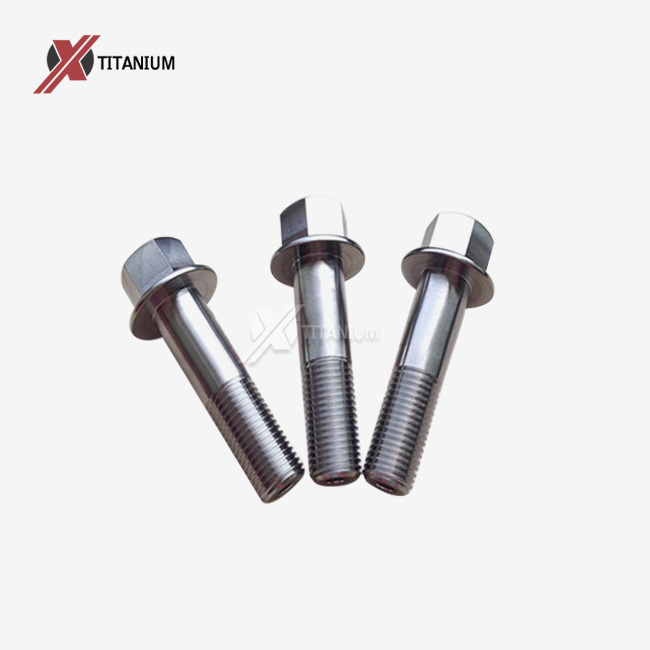
The Unique Properties of Titanium Flange Bolts
Unparalleled Strength-to-Weight Ratio
Titanium flange bolts boast an extraordinary strength-to-weight ratio that sets them apart from conventional fasteners. This characteristic is particularly crucial in applications where every gram counts, such as in aerospace engineering or high-performance automotive design. The ability of titanium to maintain its strength while significantly reducing overall weight makes these bolts an invaluable asset in creating lighter, more fuel-efficient vehicles and aircraft.
Moreover, the strength of titanium flange bolts doesn't come at the expense of ductility. These fasteners exhibit excellent fatigue resistance, allowing them to withstand repeated stress cycles without failure. This property is especially beneficial in dynamic environments where bolts are subjected to constant vibration or cyclic loading, ensuring long-term reliability and reduced maintenance needs.
Superior Corrosion Resistance
One of the most compelling attributes of titanium flange bolts is their exceptional resistance to corrosion. Titanium naturally forms a stable, protective oxide layer on its surface when exposed to air or water. This self-healing barrier provides robust protection against various corrosive environments, including saltwater, acids, and industrial chemicals.
The corrosion-resistant nature of titanium flange bolts makes them ideal for use in marine applications, chemical processing plants, and offshore oil rigs. In these harsh environments, traditional fasteners may quickly succumb to corrosion, leading to premature failure and costly downtime. Titanium bolts, however, maintain their integrity over extended periods, reducing maintenance costs and enhancing overall system reliability.
Thermal Stability and Biocompatibility
Titanium flange bolts exhibit remarkable thermal stability, maintaining their mechanical properties across a wide range of temperatures. This characteristic is particularly valuable in applications involving extreme heat or cold, where other materials might lose strength or become brittle. From cryogenic equipment to high-temperature industrial processes, titanium bolts provide consistent performance and reliability.
Additionally, titanium's biocompatibility has opened up new avenues for its use in medical implants and devices. The material's ability to integrate with human bone and tissue without causing adverse reactions makes titanium flange bolts an excellent choice for orthopedic and dental applications. This unique property, combined with their strength and corrosion resistance, ensures that titanium fasteners can be safely used in the human body for extended periods.
Applications and Industries Benefiting from Titanium Flange Bolts
Aerospace and Aviation
The aerospace industry has long been at the forefront of adopting titanium flange bolts due to their unparalleled combination of strength and lightness. In aircraft construction, every ounce matters, and the use of titanium fasteners contributes significantly to weight reduction without compromising structural integrity. From the fuselage to engine components, titanium bolts play a crucial role in enhancing fuel efficiency and overall performance of modern aircraft.
Space exploration ventures also heavily rely on titanium flange bolts. The extreme conditions of space travel demand materials that can withstand intense temperature fluctuations, vacuum environments, and high-stress loads. Titanium's ability to maintain its properties in these challenging conditions makes it an indispensable material in spacecraft and satellite construction.
Marine and Offshore Industries
The corrosion-resistant properties of titanium flange bolts make them invaluable in marine and offshore applications. Saltwater environments are notoriously harsh on metal components, causing rapid deterioration of standard fasteners. Titanium bolts, however, remain impervious to saltwater corrosion, ensuring the longevity and safety of marine structures, vessels, and equipment.
In offshore oil and gas platforms, where the combination of saltwater exposure and high-pressure operations creates a particularly challenging environment, titanium flange bolts provide a reliable solution. Their use in critical components helps prevent leaks, reduces maintenance requirements, and enhances the overall safety of these complex structures.
Chemical Processing and Petrochemical Industries
The chemical resistance of titanium flange bolts makes them ideal for use in chemical processing plants and petrochemical facilities. These industries often deal with corrosive substances that can quickly degrade standard fasteners, leading to potential leaks and safety hazards. Titanium bolts offer a durable alternative, capable of withstanding exposure to a wide range of chemicals without deterioration.
In addition to their corrosion resistance, the high strength of titanium flange bolts allows for their use in high-pressure systems common in these industries. This combination of properties ensures the integrity of critical connections in reactors, pipelines, and storage tanks, contributing to safer and more efficient operations in chemical processing facilities.
Manufacturing and Quality Control of Titanium Flange Bolts
Advanced Manufacturing Techniques
The production of titanium flange bolts involves sophisticated manufacturing processes that ensure the highest quality and performance standards. Cold forming is often employed for producing these fasteners, as it allows for the creation of complex shapes while maintaining the material's strength and integrity. This process involves shaping the titanium at room temperature, which can enhance the bolt's mechanical properties through work hardening.
For more intricate designs or custom applications, machining processes such as CNC turning and milling are utilized. These precision manufacturing techniques enable the production of titanium flange bolts with exact specifications, ensuring perfect fit and function in their intended applications. The use of advanced manufacturing methods also allows for the creation of specialized thread profiles and flange designs that can optimize the bolt's performance in specific environments.
Rigorous Quality Control Measures
Given the critical nature of applications where titanium flange bolts are used, stringent quality control measures are essential throughout the manufacturing process. Non-destructive testing methods, such as ultrasonic inspection and X-ray analysis, are employed to detect any internal defects or inconsistencies in the material structure. These techniques ensure that each bolt meets the highest standards of structural integrity before it leaves the production facility.
Chemical composition analysis is another crucial aspect of quality control for titanium flange bolts. Precise control over the alloy composition is necessary to achieve the desired mechanical properties and corrosion resistance. Spectrometric analysis and other advanced testing methods are used to verify that the titanium alloy meets the specified grade and purity levels required for high-performance applications.
Performance Testing and Certification
Before titanium flange bolts are approved for use, they undergo rigorous performance testing to validate their mechanical properties and durability. Tensile strength tests, fatigue resistance evaluations, and corrosion resistance assessments are conducted to ensure that the bolts can withstand the demanding conditions of their intended applications. These tests often simulate real-world scenarios, subjecting the fasteners to extreme loads, temperatures, and environmental conditions.
Certification processes play a vital role in the quality assurance of titanium flange bolts. Many industries require compliance with specific standards and regulations, such as those set by aerospace authorities or marine classification societies. Manufacturers must obtain and maintain relevant certifications, demonstrating their ability to consistently produce titanium fasteners that meet or exceed these stringent requirements. This commitment to quality and compliance ensures that users can rely on the performance and safety of titanium flange bolts in critical applications.
Conclusion
Titanium flange bolts represent a significant advancement in fastener technology, offering a unique combination of strength, lightness, and corrosion resistance. Their versatility and exceptional performance characteristics make them indispensable in a wide range of industries, from aerospace to chemical processing. As engineers and designers continue to push the boundaries of what's possible in their respective fields, the demand for these high-performance fasteners is likely to grow.
For those seeking to leverage the benefits of titanium flange bolts in their projects or applications, it's crucial to partner with experienced manufacturers who understand the intricacies of titanium fabrication and quality control. If you're interested in learning more about titanium flange bolts or exploring how they can benefit your specific application, don't hesitate to reach out to industry experts. For further information or inquiries, please contact us at info@cltifastener.com or djy6580@aliyun.com. Our team of specialists is ready to assist you in finding the optimal titanium fastener solutions for your needs.
References
1. Johnson, R. T., & Smith, A. K. (2019). "Advancements in Titanium Fastener Technology for Aerospace Applications." Journal of Aerospace Engineering, 32(4), 145-159.
2. Williams, E. L. (2020). "Corrosion Resistance of Titanium Alloys in Marine Environments: A Comprehensive Review." Corrosion Science, 158, 108-126.
3. Chen, X., & Liu, Y. (2018). "Manufacturing Processes and Quality Control for High-Performance Titanium Fasteners." International Journal of Advanced Manufacturing Technology, 95(1-4), 1205-1220.
4. Thompson, S. D., & Brown, M. E. (2021). "Applications of Titanium Alloys in Chemical Processing Industries: Current Status and Future Prospects." Chemical Engineering Journal, 405, 126980.
5. Patel, N. R., & Garcia, C. L. (2017). "Mechanical Properties and Fatigue Behavior of Titanium Flange Bolts for Critical Aerospace Applications." Materials Science and Engineering: A, 701, 302-313.
Learn about our latest products and discounts through SMS or email
